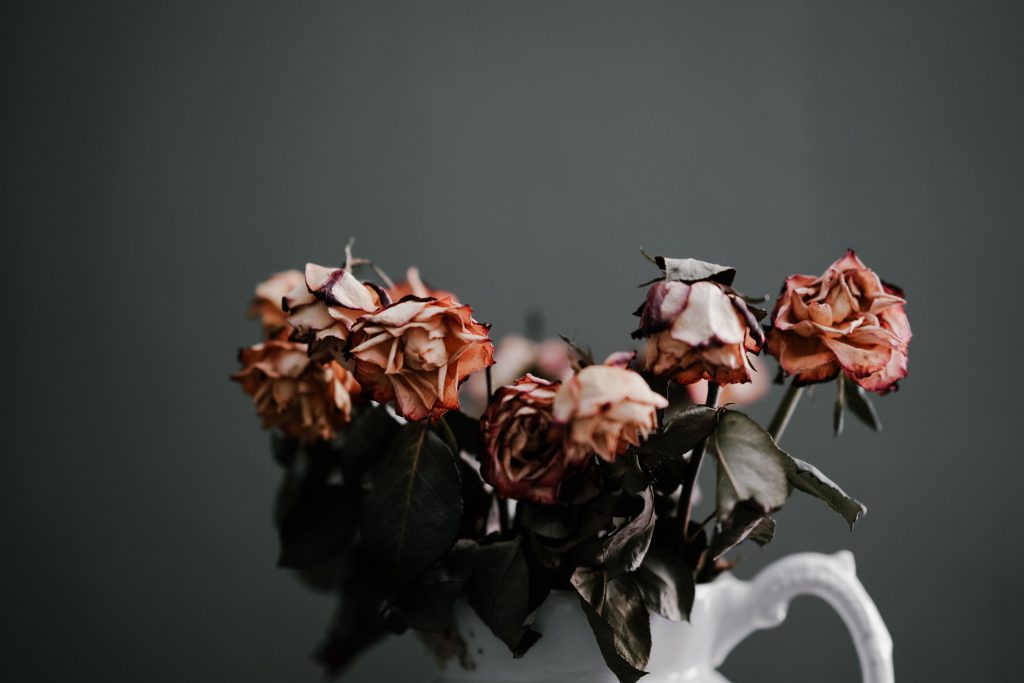
If you are here for The Dog We Stole series, it resumes on Monday.
I wrote this on 1 October 2020 in response to two events that occurred on 30 September 2020—the cremation at Hathras and the Babri Masjid verdict.
Yesterday’s events belch up leaving an acrid aftertaste. I spent all day refusing to think or talk about what was happening in this country and the world. When a friend mentioned that she was too sad to read my series The Dog We Stole, I laughed at her asking, “What’s the point of being sad?”. She said, “it’s to acknowledge the emotion and to sit with it”. Through the day I was successful in hiding away behind a veil of indifference. I stayed away from all mentions of Hathras, Babri Masjid and the American presidential debate. But then came evening.
Before bed I just couldn’t hold it in any longer and we talked about the absurdity of the situation and not knowing how to react to it. When you question absurdity with logic, you end up being the fool in the conversation. But in this post-truth world it feels absurd to ask, what do you mean no one demolished it? What do you mean you cremated her without her family’s consent? See how I didn’t even mention the insolence of the upper caste men who gang raped her and how you didn’t think anything of it till I mentioned it? Notice how stupid these questions sound when said out aloud? That is where we are at. The audacity of the administration to deny this brutal gender and caste-based violence does not shock me. I am well past shock. I feel sad, hopeless. Today, I am right where they want me to be—resigned to living in this intolerant Hindu nation as an object called woman, just the way Manu intended it. I feel powerless and disoriented in this dystopia.
With a simple sleight of hand, one of the tenets that makes us, humans, stand up straight has been violated—the basic right of affording one’s last rites in the presence of our loved ones. And with every passing day the bar slides further; faster now than ever before. What is this if not a dictatorship? It is probably true that there are millions of Dalits and Muslims who will suffer before these issues knock on my doorstep but that is a function of India’s population and my privilege more than our democracy.
This week, a popular dubbing artist in Kerala took law into her own hands and thrashed her online abuser, Vijay P Nair. What else was she to do when the law of the land turned a blind eye? Of course it’s her class and caste privilege that makes this a plausible reaction for her. I know that the time for being polite is long gone. A woman with patience will end up a fossil. But what is the way forward? Today, I simply don’t know.
That I can shut the world out when I choose to is a mark of my privilege. A privilege offered to me because I am perceived as an upper class, upper caste Hindu woman. In the hierarchy that runs the world, I am placed above a Dalit woman and a Muslim man or woman. Am I entitled to represent their experiences? I don’t feel that I am. But do they have spaces to represent themselves? And it’s 2020! Not mentioning that this is the lived reality of a vast section of Indian citizens just because they are Dalit or Muslim is unconscionable. Babri Masjid verdict does not come as a shock. It comes as a show of power, an entitlement that victims of patriarchy will instinctively recognise. Hathras has not been my experience simply because I am not a Dalit woman. But this experience is not alien to me as a woman. Socially and culturally I am conditioned to believe that I am asking to be brutally raped and have my tongue cut off if I don’t conform to patriarchy.
As a woman, I feel ashamed to call myself Indian. Tell me why I should feel patriotic about a country that terminates its girl child, molests, rapes, mutilates and murders its girls and women, does not accept its womxn, makes arrests based on gender and overlooks complaints made by women. Patriotism is not a one-way street.
Rationally I know that hope is the only light that leads us. But today, as I sit with my grief for our loss of decency and dignity as a nation, I am blind, my head hangs in shame and I don’t know how to go on.
It is here
30 September 2020
I start my day laughing
Another day is dying
A cremation and an acquittal
Welcome to the denial.
Laughs wear many meaning
Some cheerful, some lashing.
This one is at me,
witnessing the anomie.
I go about my day—isolating.
It’s my only way of coping
Away from the newspaper,
TV is a blur.
Zero doses of Instagram
Against the tide I swam.
When dinner is done, that familiar dread
A blanket of dark awaits in my bed.
I watch trash on Netflix, suppressing the chill
All the while waiting for the downhill.
It is late,
birds are awake,
I prepare to sleep—
That is when I break.
The intense dread of being a woman
Less than nothing in this nation.
And the shame of being born Hindu
in this bestial zoo.
It is here,
my bier.
Sign up to receive fictionhead in your inbox: